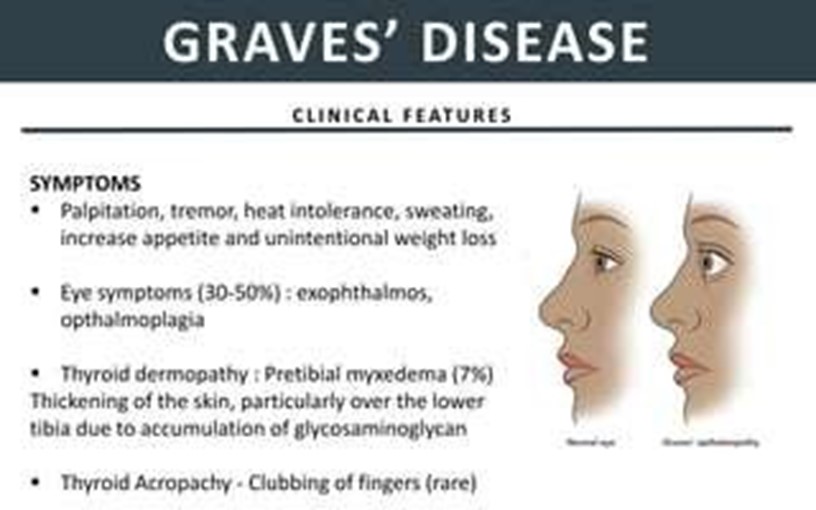A nurse is preparing to administer medications to a client and discovers a medication error.
The nurse should recognize that which of the following staff members is responsible for completing an incident report?
The charge nurse.
The quality improvement committee.
The nurse who identifies the error.
The nurse who caused the error.
The Correct Answer is C
The nurse who identifies the error is responsible for completing an incident report.

Initial reports often come from the frontline personnel directly involved in an event or the actions leading up to it.
Choice A is wrong because the charge nurse is not necessarily responsible for completing an incident report.
Choice B is wrong because the quality improvement committee is not responsible for completing an incident report.
Choice D is wrong because the nurse who caused the error may not be aware of it and therefore may not be responsible for completing an incident report.
Nursing Test Bank
Naxlex Comprehensive Predictor Exams
Related Questions
Correct Answer is D
Explanation

Methimazole is an antithyroid medication that controls the overproduction of thyroid hormone in Graves’ disease.
One of the symptoms of Graves’ disease is difficulty sleeping due to the overproduction of thyroid hormone.
After taking methimazole for 2 months, the client’s thyroid hormone levels should decrease, leading to an improvement in sleep.
Choice A is wrong because weight loss is a symptom of Graves’ disease due to the overproduction of thyroid hormone.
Methimazole controls the overproduction of thyroid hormone and may lead to weight gain.
Choice B is wrong because warmer skin is a symptom of Graves’ disease due to the overproduction of thyroid hormone.
Methimazole controls the overproduction of thyroid hormone and may lead to cooler skin.
Choice C is wrong because an increase in pulse rate is a symptom of Graves’ disease due to the overproduction of thyroid hormone.
Methimazole controls the overproduction of thyroid hormone and may lead to a decrease in pulse rate.
Correct Answer is D
Explanation
The nurse should monitor the client for hypokalemia as an adverse effect of hydrochlorothiazide.
Hypokalemia refers to a low level of potassium in the blood.
Choice A is wrong because hypermagnesemia is not a commonly reported adverse effect of hydrochlorothiazide.
Choice B is wrong because hypernatremia is not a commonly reported adverse effect of hydrochlorothiazide.
Choice C is wrong because hypocalcemia is not a commonly reported adverse effect of hydrochlorothiazide.
Whether you are a student looking to ace your exams or a practicing nurse seeking to enhance your expertise , our nursing education contents will empower you with the confidence and competence to make a difference in the lives of patients and become a respected leader in the healthcare field.
Visit Naxlex, invest in your future and unlock endless possibilities with our unparalleled nursing education contents today
Report Wrong Answer on the Current Question
Do you disagree with the answer? If yes, what is your expected answer? Explain.
Kindly be descriptive with the issue you are facing.
